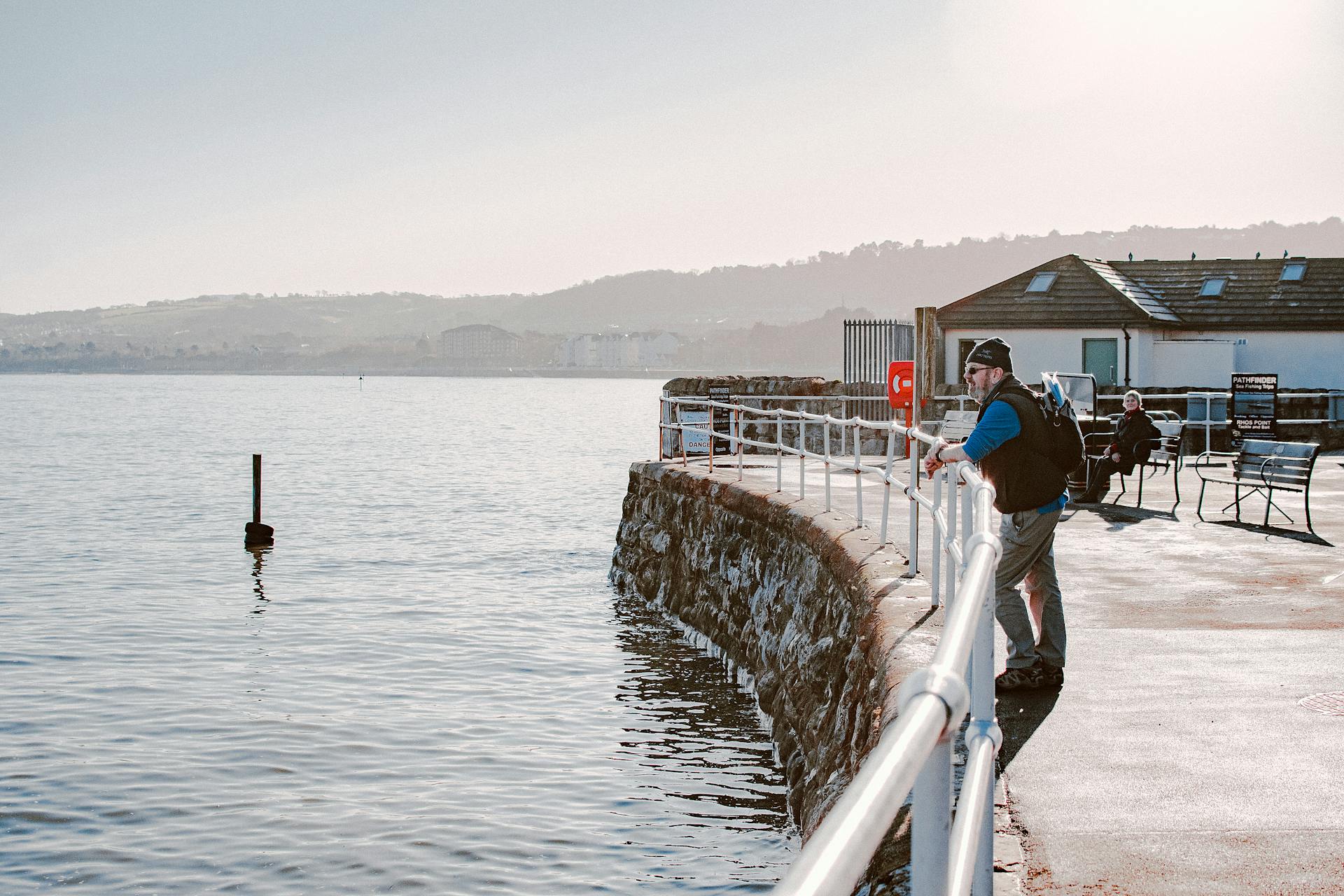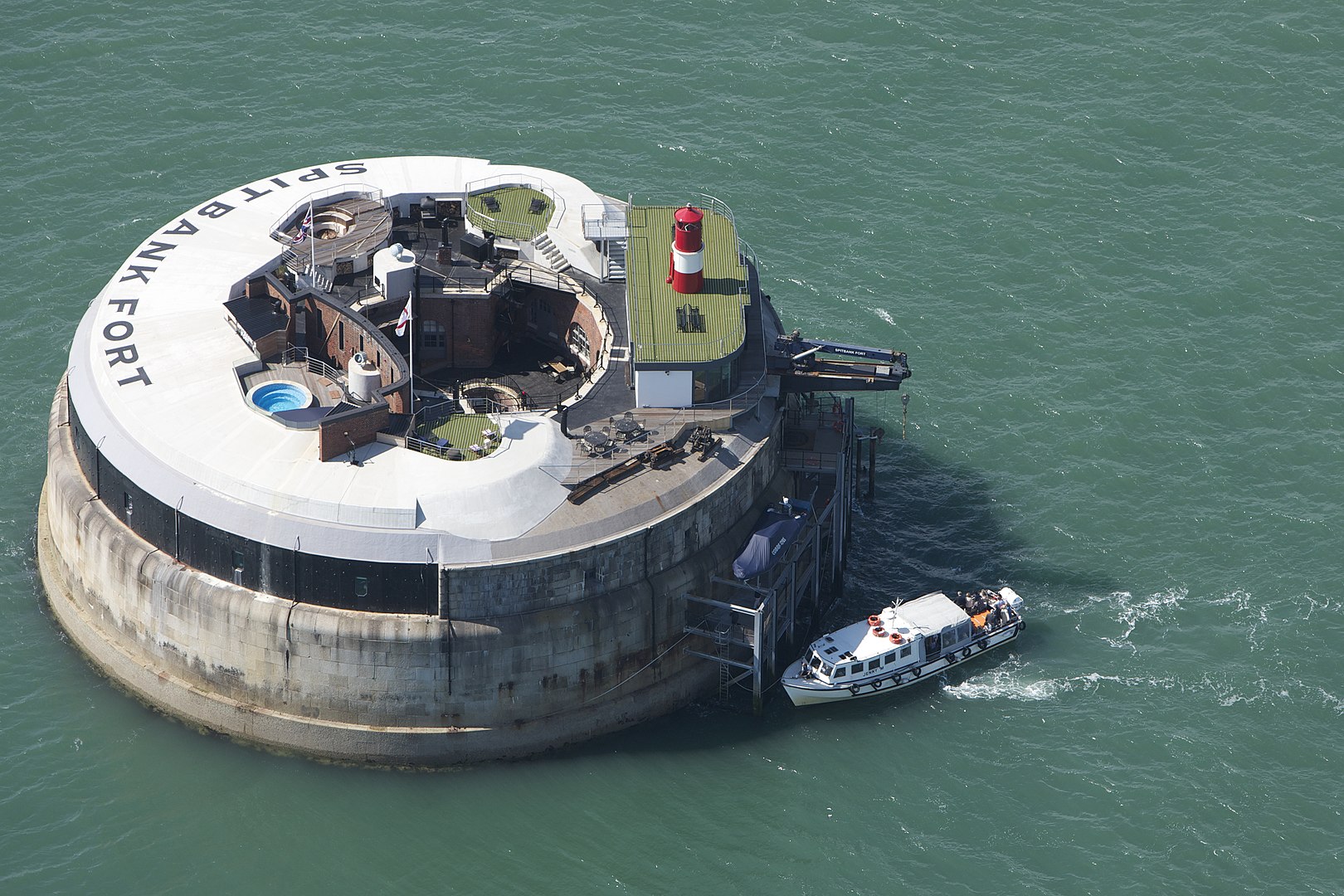07.07.2020, 12:17
CICV Forum Proposes Scottish School Building Action Plan
The Construction Industry Coronavirus (CICV) Forum has submitted a building action plan to the Scottish Government under an initiative in support of the reopening of schools.
The campaigning collective has written to Kevin Stewart, MSP, the Minister for Local Government, Housing and Planning, and includes a series of practical proposals the organisations says will minimise costs and interventions associated with reopening schools.
Propose measures include repurposing existing vacant property near schools, or building temporary accommodation in suitable locations with a common design approach, including fit-out, to ensure compliance with site operating procedures (SOPs).
Inspired by other emergency situations, including the aftermath of Hurricane Katrina in New Orleans and the fire at the Glasgow School of Art, the Forum claims such measures would ensure the health and safety of staff and pupils, and also stimulate the economy by providing a pipeline of work for consultants and contractors.
Hew Edgar, chair of the Futures sub-group of the Forum and Interim Head of UK Policy at the Royal Institution of Chartered Surveyors (RICS), says: “We have a wealth of consultants and contractors who could participate in such a project.
“Scottish contracting, manufacturing and supplier industries could quickly gear up to meet this pressing need for children, staff, families and the economy, and therefore maximise the economic multiplier benefits for the country.”
The initiative comes after John Swinney, MSP, the Deputy First Minister and Cabinet Secretary for Education and Skills, said on June 23 that the current aim was to re-open schools full time rather than using a ‘blended model’.
In its letter, the Forum says: “We have discussed the potential for the industry to adopt steps by which a full return to learning may take place and suggest there are a spectrum of measures to minimise cost and the need for intervention.
“These include the rapid identification of opportunities to build temporary accommodation, such as modular buildings/marquees etc, in school playgrounds or adjacent fallow ground to increase school capacity.
“These could each follow a common design approach, and fitted out to minimise the possibility of cross-contamination between students both inside and outside the classroom.
“Contractors on the internal fit-out of these units could undertake the work and by being a generic design, a programme of works be established to ensure compliance with SOPs.
“If such design principles were agreed, suppliers across Scotland will respond which would stimulate the construction industry and create a solution to ensure the continued education of Scotland’s school pupils during this time.
“This will create a short-term pipeline of work for consultants and contractors across Scotland and the right environment for the continuation of existing apprentices work-based evidence and future apprenticeship opportunities.”
The letter endorses earlier suggestions by the Royal Incorporation of Architects in Scotland which has already written to Mr Stewart regarding innovative thinking on the subject of school capacity during the crisis.
Edgar adds: “Scotland is very well based to deliver such a programme with the quality of construction consultants within the industry, quality of contractors and using the Construction Scotland Innovation Centre.
“It would, of course, be essential that the temporary accommodation be built of sustainable materials and consideration given to their future use when we are in the positive position where they can be removed and CICV Forum would be very happy to work with the Scottish Government, and Public Health Scotland, on this proposal.”
The proposal is the latest from the forum which, since the beginning of the enforced industry shutdown, has been at the forefront of positive actions to benefit the sector, work colleagues and the community.
Made up of trade associations, professional services bodies, companies and individuals, the Forum stepped into the fray immediately in March with advice on how to operate safely while carrying out emergency or essential work. It has since then been drawing on the collective expertise of its members to maintain a steady supply of information and practical advice to the sector as well as carrying out surveys, producing animations and posters, hosting webinars and conducting regular dialogue with Government Ministers.




